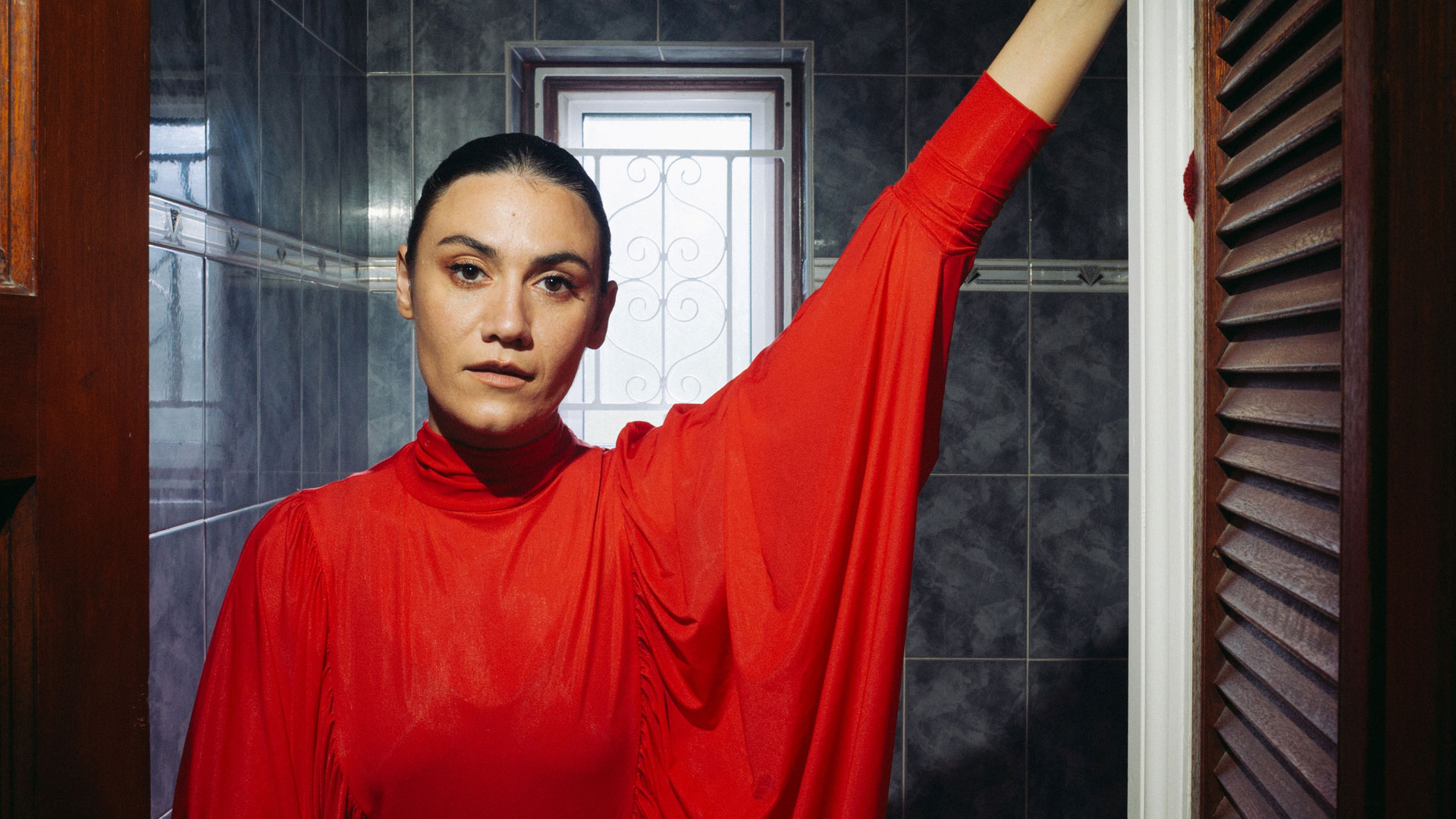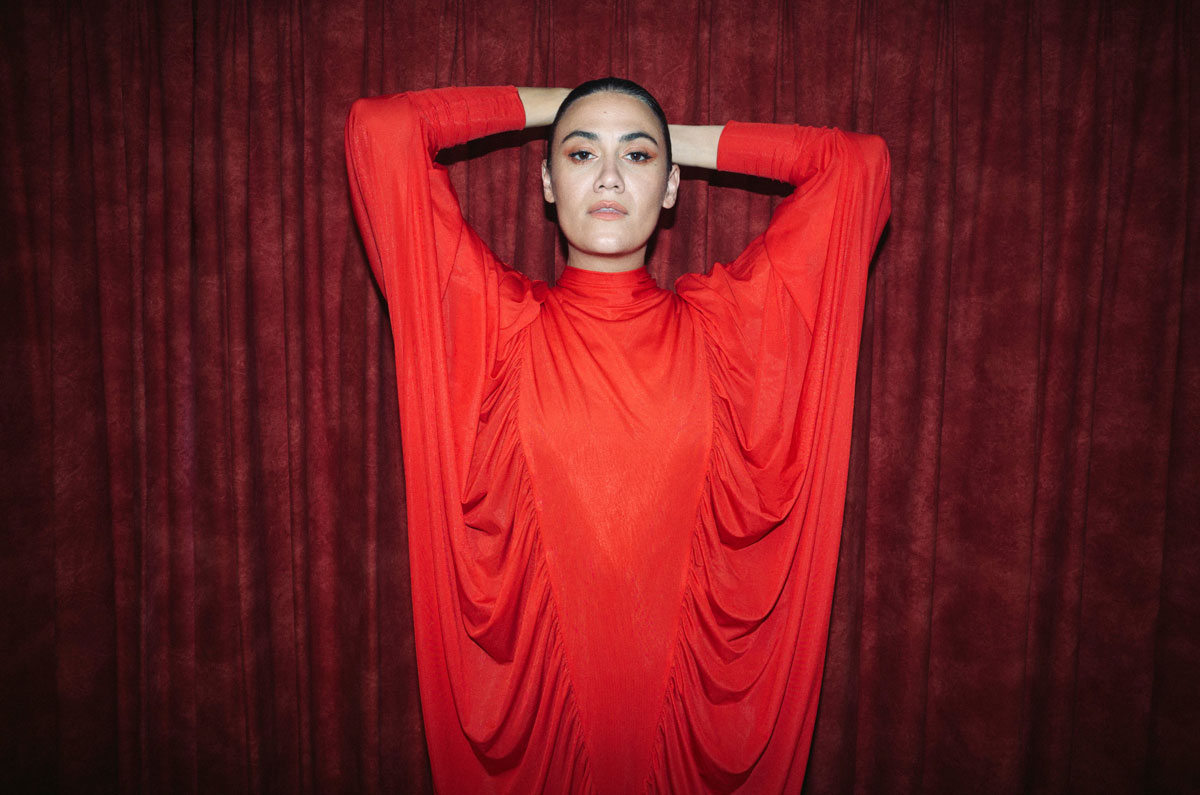It was the height of Covid when Nadine Shah lost her beloved mother, Heather – “the most beautiful person in the world” – to lung cancer. Unable to mourn properly or even have a normal funeral due to the strict restrictions in place, her world started to unravel. Her mental health plummeted. Lonely and trying to find her way forward in a “very bad marriage to a beautiful man”, she succumbed to addiction and almost ended it all.
Almost three years on, she’s been through rehab, faced her demons, got divorced, moved back up north with her cat and had a visceral lesson in the power of forgiveness. She’s also channelled all that grief and rage and love and hope into a truly extraordinary album.
A powerfully outspoken force in UK music, Shah already had a clutch of beautiful, impassioned, critically-acclaimed albums to her name. She was nominated for the Mercury Prize for 2017’s Holiday Destination, her brooding postpunk take on the refugee crisis, Islamophobia and how toxic politicians screw over working class communities. Her follow up, Kitchen Sink was equally incisive about the challenges and absurdity of being a 30-something woman. Yet Filthy Underneath is more visceral still, lyrically journeying through Shah’s pain and recovery – backed by the most soaring and vivid music she’s yet created.
Shah has just finished a run of incredibly intimate record store shows (following close on the heels of a series of support slots with Depeche Mode) when she joins the Big Issue on a video call from her dad’s house in South Shields. She’s currently “a bit of a nomad” divvying up her time between Newcastle, London and Edinburgh (where her new boyfriend lives). On the in-store mini tour, she was “knocked sideways” by the response to the record, and the intensely personal revelations her fans shared with her.
“I knew that would happen,” she says of those confessional conversations, “and I was nervous about that happening, because I’m not a medically trained professional. I’m no role model. I very much got it wrong. And it’s highly likely, sadly, I might get it wrong again. I hope not. But because of the statistics with addiction, it may happen again. So I never want to be seen as a role model, I just want to tell my version of events.”
She may have no desire to give advice, but in sharing her experiences, Shah’s giving a sort of permission for everyone who identifies with them to talk about what we’ve been through. Like Shah, I lost an adored parent – my brilliant, philosopher-artist dad – to cancer during lockdown. I’m deeply grateful, I tell her, for the fact that she’s talking about the experience we share with many thousands of other people. It has felt like we’ve been largely forgotten in the litany of traumas from that time.










